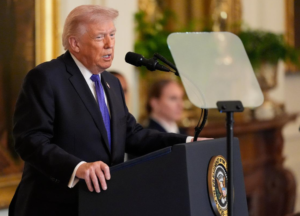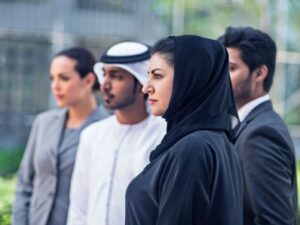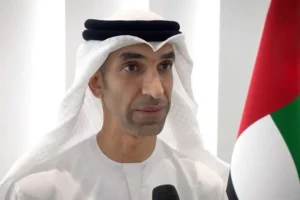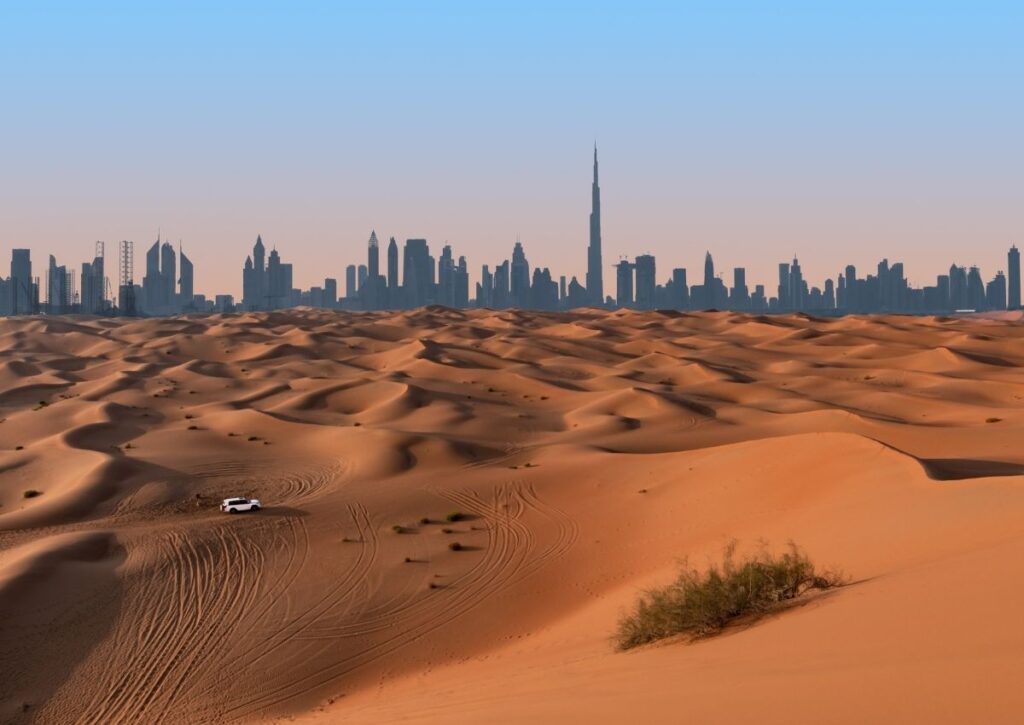
Imagine selling snow to an Eskimo. Now, imagine selling sand to an Arab. In a city where sand surrounds every corner, Dubai has turned even this seemingly limitless resource into a valuable commodity. Here, all the sand belongs to the government, and you can’t touch a grain of it without their consent. Just like swans belong to the Queen of England and pandas are the sole property of the Chinese government, Dubai’s sand is not free for the taking.
Not all sand is created equal in this dazzling desert metropolis. There are two distinct types of sand in Dubai, and each is treated very differently. First, there’s the ubiquitous desert sand—rough, gritty, and golden. This sand is used for construction projects, either dumped after excavation or refilled to level out the land. Even this common desert sand is heavily regulated. You can’t move or use it without paying the government, making it a clear example of “selling sand to an Arab.” Every truckload is accounted for, and every movement of sand comes with a price tag.
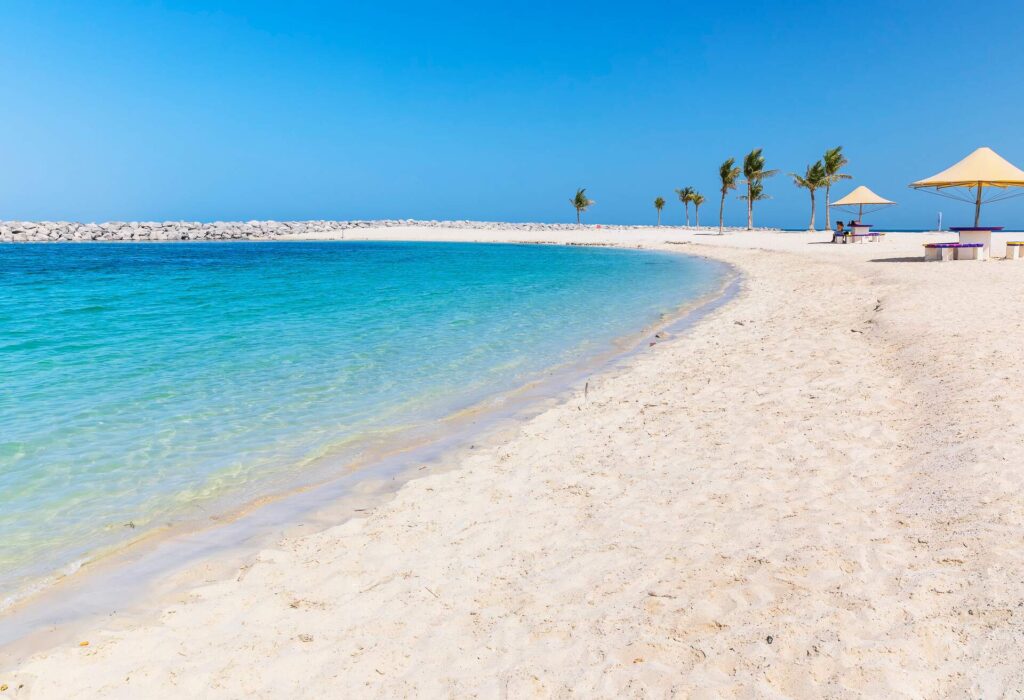
Then, there’s the real treasure—Dubai’s white beach sand. Soft, luxurious, and as valuable as gold, this premium sand lines the shores of the city’s world-famous beaches and high-end resorts. This isn’t just any sand; it’s a symbol of the city’s opulence and exclusivity. Reserved for the most luxurious properties, Dubai’s white sand is treated like a rare treasure, reinforcing the city’s image as a place where even the simplest things are elevated to extraordinary heights.
Dubai’s ability to transform sand into a valuable resource mirrors a global trend where seemingly common commodities are turned into luxurious, highly regulated assets. Consider Venice, a city built on water, yet fresh water is a rare commodity. The Venetians rely on water piped in from the mainland, despite being surrounded by the very element they need. In a city where water is everywhere, they’ve managed to “sell water to Venetians,” proving that scarcity can be created where none seems to exist.
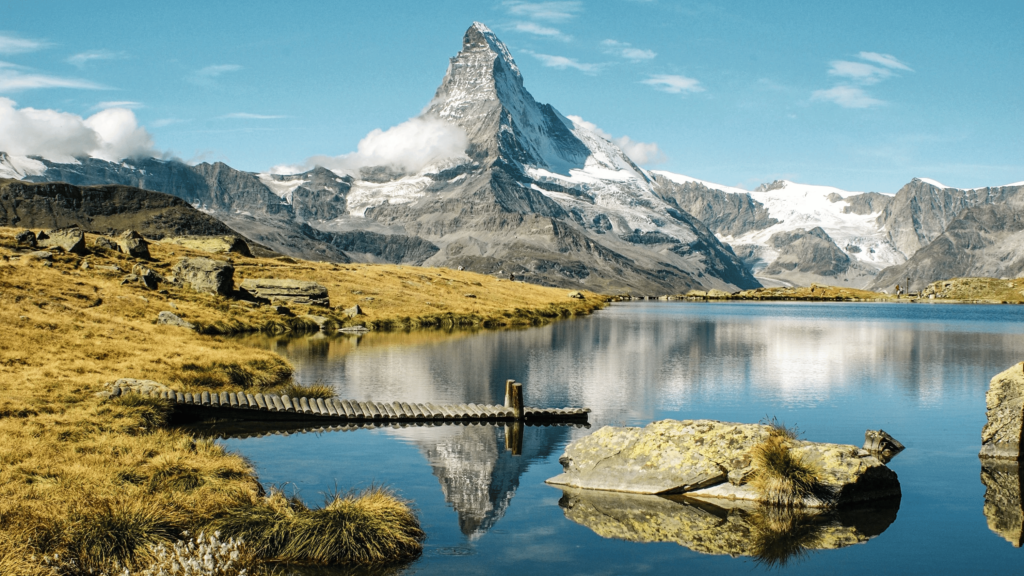
In Switzerland, the country’s famed mountain air has been transformed into a luxury product. Visitors from polluted cities can purchase bottled Swiss air to take home, a literal example of “selling air to the world.” The Swiss have mastered the art of turning their natural environment into a valuable commodity, much like Dubai has with its sand.

The Dutch have done something similar with tulips, flowers that are as common in the Netherlands as sand is in Dubai. Yet, the Netherlands has managed to create an entire economy around these vibrant blooms, with tourists and locals alike paying premium prices for tulips. It’s another case of turning something abundant into a luxury—“selling tulips to the Dutch” in a land full of flowers.
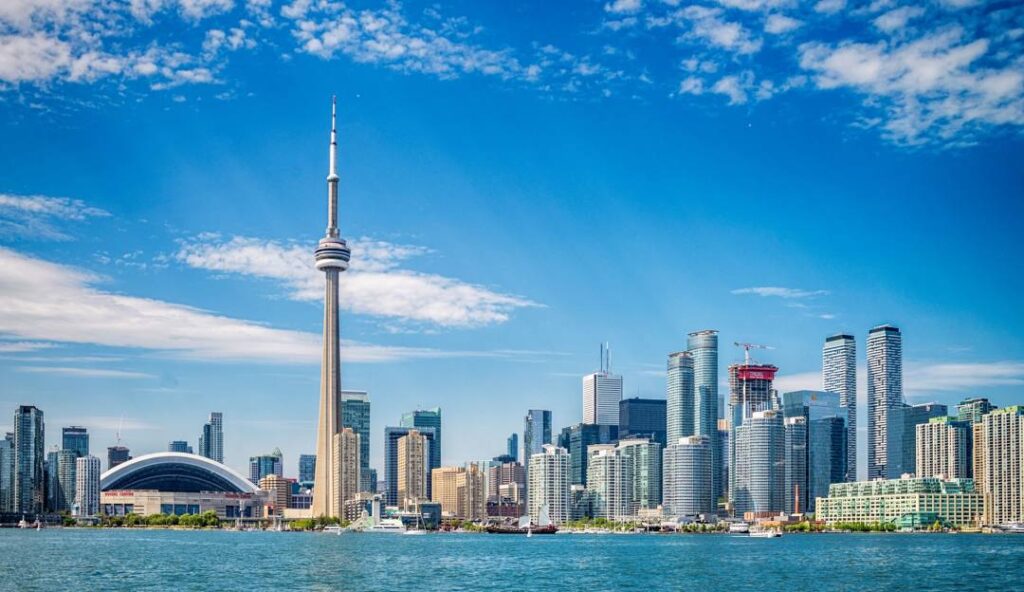
Canada’s maple syrup industry operates in much the same way. Despite producing 70% of the world’s supply, the syrup is tightly controlled and sold at high prices, even to Canadians themselves. The government ensures that the syrup, much like Dubai’s sand, is a valuable commodity by managing its production and pricing. It’s a sweet example of “selling syrup to Canadians,” even in a land where maple trees are everywhere.
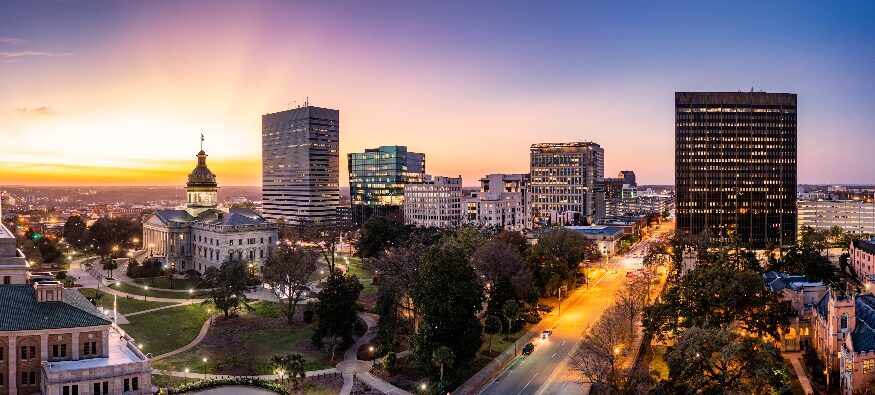
In Colombia, some of the world’s best coffee beans are grown, but most of the premium product is exported to other countries. Locals often drink lower-grade coffee, as the finest beans are reserved for international markets. It’s a perfect example of “selling coffee to Colombians,” where the very people who grow the product don’t always get to enjoy the best of it.
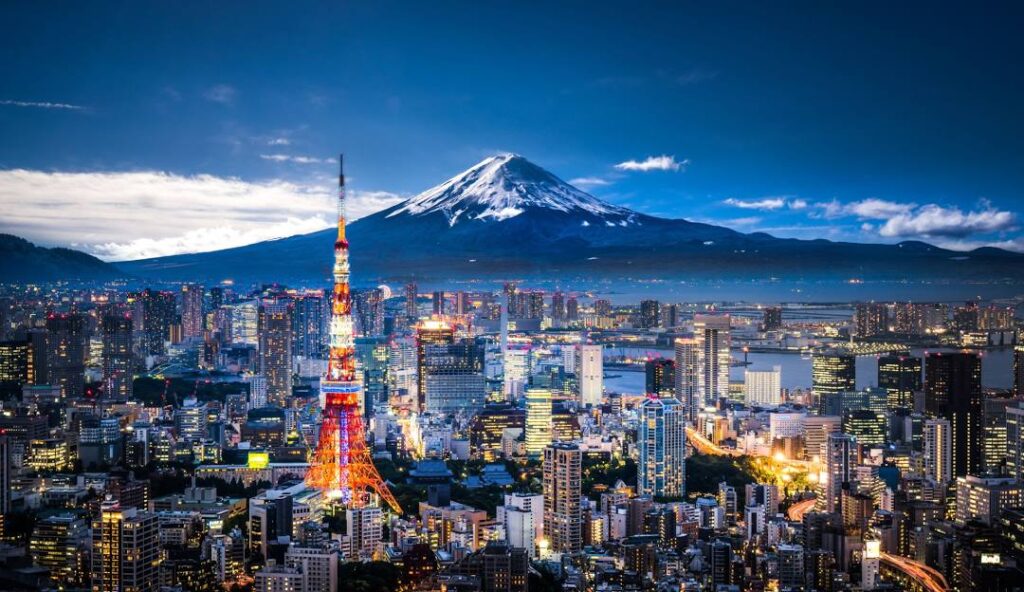
Japan takes the concept even further by turning something as simple as a watermelon into a luxury item. Square watermelons, meticulously grown and sold for hundreds of dollars, are often given as gifts, proving that even the most ordinary things can be transformed into high-end commodities. In Japan, they’ve managed to “sell watermelons to the Japanese” by reimagining an everyday fruit as a status symbol.
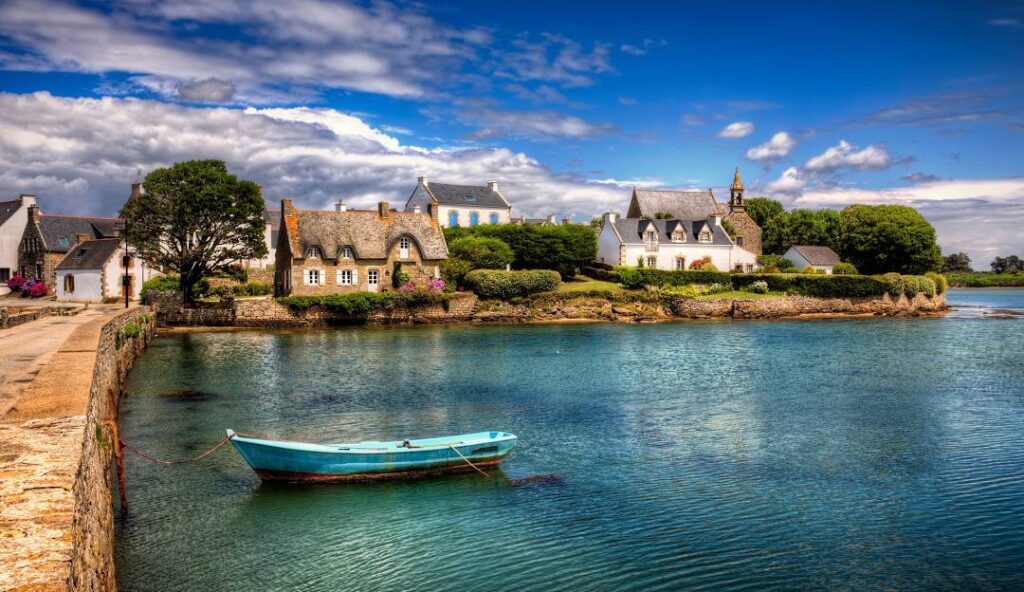
France’s Brittany region is home to another example of turning the ordinary into the extraordinary. Salt harvested from the Atlantic coast, known as “white gold,” is sold at premium prices around the world, despite being as abundant as the sea itself. This artisanal salt has been elevated to a luxury good, showing that even the simplest resources can be turned into treasures with the right narrative.
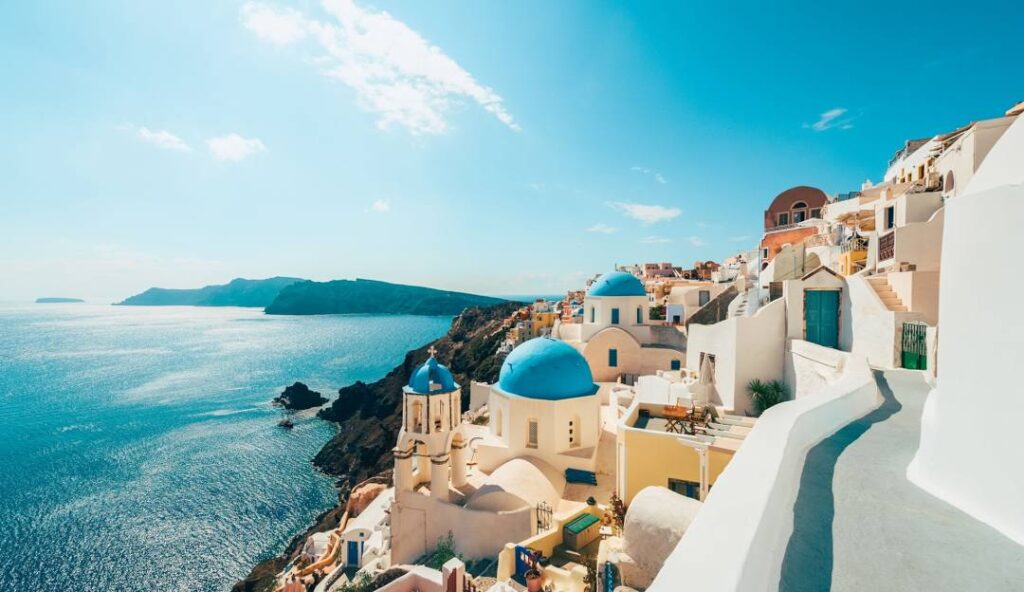
In Greece, olive oil, a staple of the Mediterranean diet, has become a prized export. The finest olive oil is often reserved for international markets, while locals consume lower-grade versions. It’s yet another example of “selling olive oil to Greeks,” where a common resource is transformed into a valuable product for those who can afford it.
In every one of these examples, from Venice’s water to Canada’s syrup, the story is the same: abundant resources turned into precious commodities. And Dubai, with its mastery of sand, leads the way. By transforming both desert and beach sand into valuable resources, the city has proven that even the most ordinary materials can be reimagined into something extraordinary. Whether it’s “selling sand to an Arab” or creating value out of air, the future belongs to those who can turn the ordinary into the extraordinary.
And in Dubai, even sand—whether it’s the rough desert variety or the silky white beach sand—is priceless.
About the Author

Hamzah Abu Zannad is an industry veteran and the co-founder and managing director of Axiom Prime Real Estate Development. With over two decades of experience in the dynamic Dubai real estate market, Hamzah has played a pivotal role in introducing forward-thinking and sustainable living solutions to the region. Axiom Prime Real Estate Development, renowned for its Dutch-inspired, luxurious developments, focuses on community-driven designs and cutting-edge technology. Their flagship projects in Jumeirah Village Triangle and Jumeirah Garden City (Satwa) exemplify their vision of creating spaces that promote a sense of belonging while unlocking growth potential.
For more information, visit axiomprime.ae.
Also Read:
Piyush Goyal Vows to take up Financing Difficulties of Realtors with RBI
“DET x Amazon Accelerator” is Introduced by Amazon UAE and Dubai Economy and Tourism

